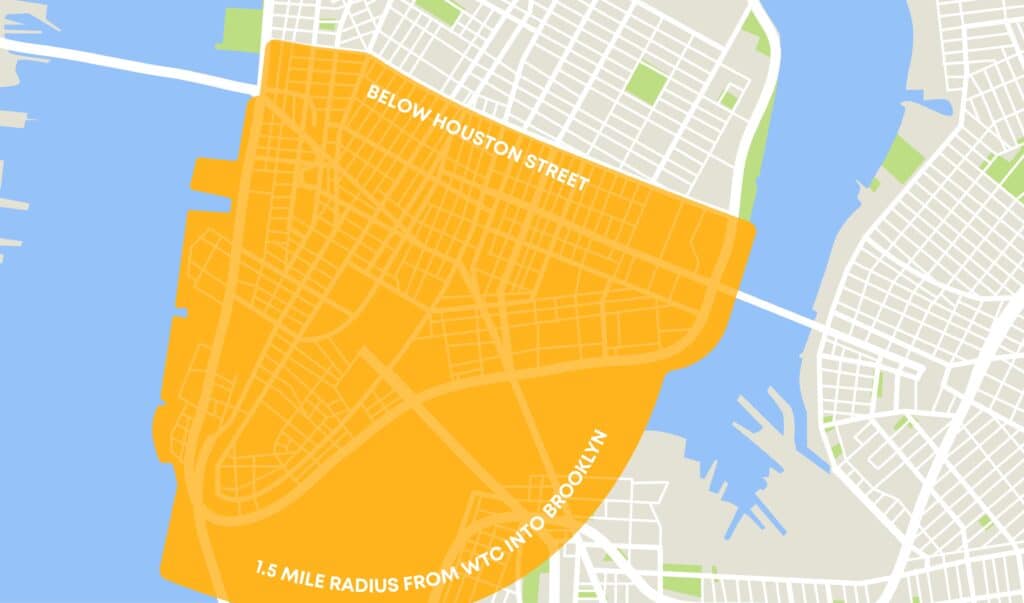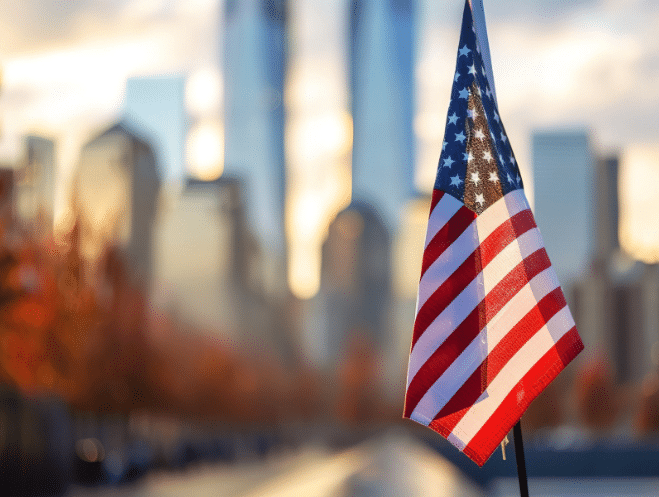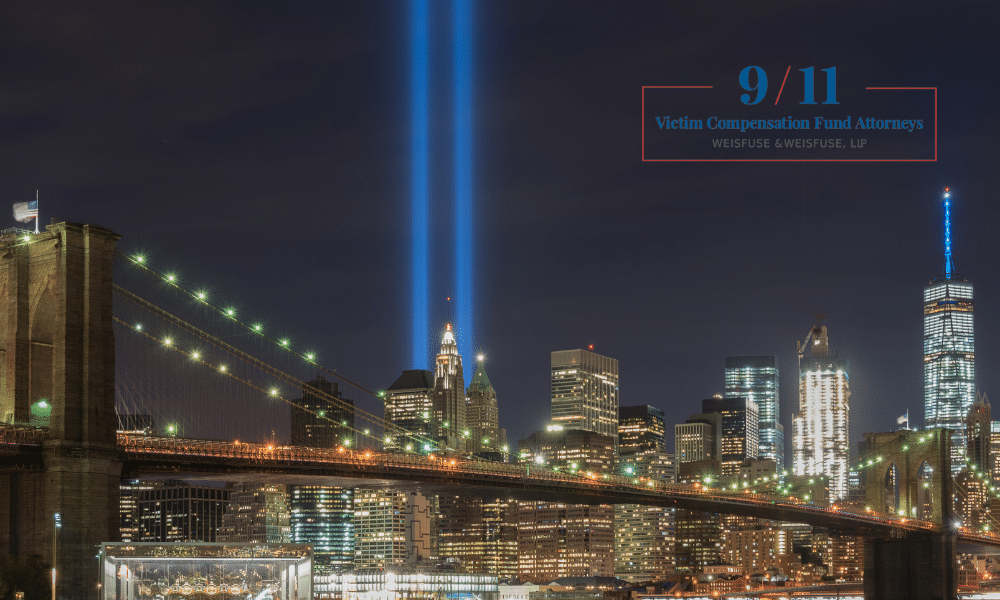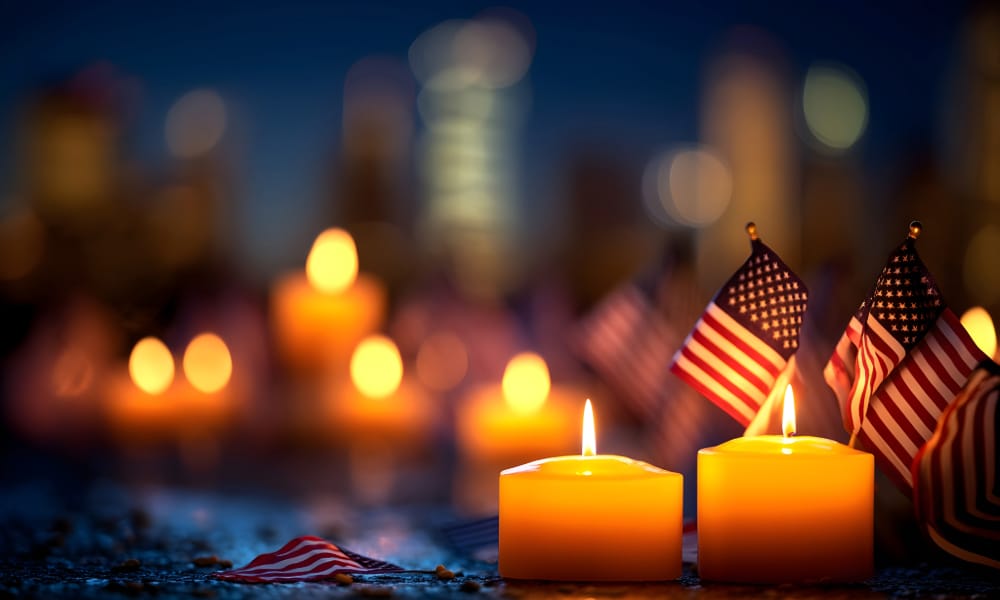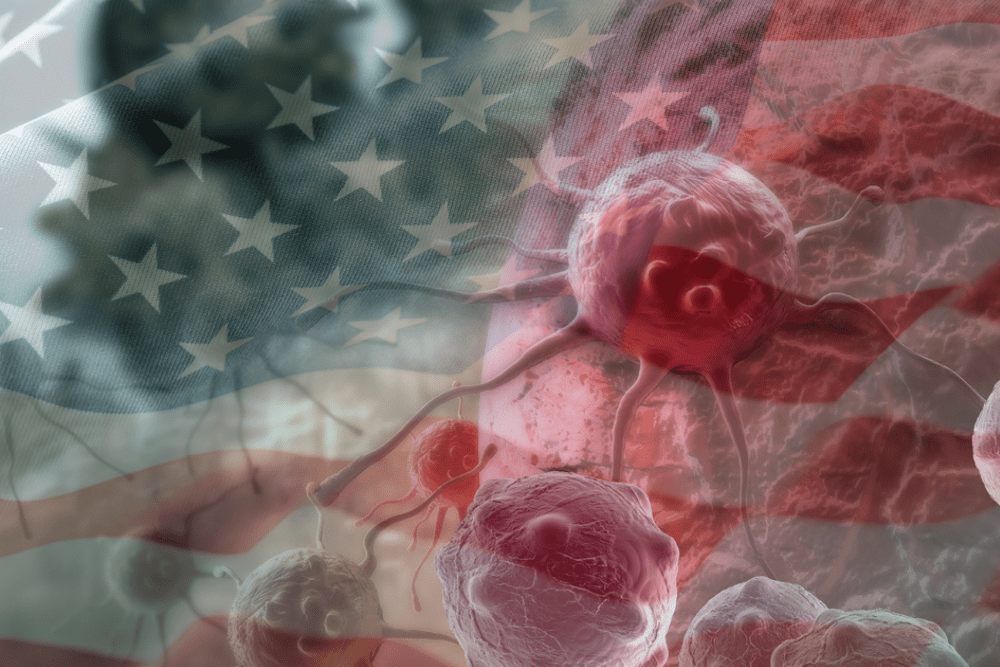
9/11 Skin Cancer Compensation Claims
In the months following the September 11th terrorist attacks, thousands of brave firefighters, emergency responders, and volunteers assisted in cleaning up the New York City disaster area. Working for weeks on the pile/pit of rubble, they were exposed to burning materials, microscopic pieces of glass, and aerosolized toxins like mercury, asbestos, and lead. Years later, these responders are falling victim to severe health conditions like skin cancer due to their service. Furthermore, those who were not responders but resided, worked, or studied in Lower Manhattan likewise were exposed to harmful carcinogens that cause skin cancer.
Skin Cancer and 9/11
If you were diagnosed with skin cancer after being exposed to the toxic dust in Lower Manhattan, you may be eligible for compensation through the September 11th Victim Compensation Fund (VCF). This includes both non-melanoma and melanoma skin cancers, which have been linked to prolonged exposure to the hazardous substances released during and after the collapse of the Twin Towers.
At Weisfuse & Weisfuse, LLP, we are committed to helping members of the 9/11 community navigate the complex VCF claim process. With years of experience handling 9/11-related cancer claims, our legal team ensures that every detail is addressed to help maximize the compensation you receive.
If you or a loved one has developed skin cancer and were present in the exposure zone between September 11, 2001, and May 30, 2002, contact our office at 212-983-3000 for a free and confidential consultation. We’re here to help you access the full range of benefits available through the VCF and the World Trade Center Health Program.
Types of 9/11 Skin Cancer
Skin cancer is one of the most commonly diagnosed cancers among 9/11 responders and survivors enrolled in the World Trade Center Health Program (WTCHP). Long-term exposure to the carcinogens in the 9/11 dust cloud—including asbestos, benzene, and polycyclic aromatic hydrocarbons (PAHs)—has been medically linked to elevated skin cancer risks in those who were present in the exposure zone.
There are two primary categories of skin cancer covered under the WTCHP and eligible for compensation through the September 11th Victim Compensation Fund (VCF):
Non-Melanoma Skin Cancer
Non-melanoma skin cancer (keratinocyte carcinoma) is commonly caused by overexposure to the sun’s ultraviolet (UV) rays. This skin cancer has two subtypes:
- Basal cell carcinoma, which affects the inner skin cells often found on the head and neck; and
- Squamous cell carcinoma, which affects the cells located in the outermost layer of the epidermis.
While basal cell carcinoma tends to spread slowly, squamous cell carcinoma is more aggressive and likely to spread to other parts of the body.
Melanoma Skin Cancer
Melanoma skin cancer is much less common than non-melanoma, but it is far more dangerous. According to the American Cancer Society (ACS), although melanoma only accounts for approximately one percent of total skin cancer cases, it is responsible for a majority of skin cancer deaths. In fact, the ACS estimates that about 7,180 people will die of melanoma in 2021 alone.
This type of skin cancer begins in the melanocyte skin cells, which create pigment. For this reason, melanoma often presents as an irregular mole that changes its size and shape over time.
There are four subtypes of melanoma, classified by the frequency of occurrence, lesion characteristics, and location on the body:
- Superficial spreading melanoma, the most prevalent type,
- Lentigo maligna melanoma,
- Nodular melanoma, and
- Acral lentiginous melanoma, the least prevalent type.
9/11 Skin Cancer Symptoms
The symptoms of skin cancer vary by type, although basal cell carcinoma and squamous cell carcinoma can be hard to distinguish. Non-melanoma skin cancer symptoms include:
- Skin-colored or translucent bumps on the head and neck that may rupture, ooze, bleed, or scab (common in basal cell carcinoma),
- Rough, red, scaly lesions on the head, ears, lips, neck, and hands (common in squamous cell carcinoma), and
- Precancerous conditions such as actinic keratosis: red and rough patches on the skin that can develop into squamous cell carcinoma.
The most ubiquitous symptom of melanoma skin cancer is the appearance of suspicious moles, which may have any of the following characteristics:
- Asymmetrical form,
- Inconsistent color,
- Uneven or indistinct borders, and
- A constantly morphing size or shape.
9/11 Skin Cancer Claims
Non-melanoma and melanoma 9/11 skin cancers rank among the top three most common cancers among first responders & survivors. The World Trade Center Health Program (WTCHP) covers all malignant skin cancers as 9/11-related health conditions.
Survivors and responders suffering from non-melanoma or melanoma skin cancer should speak with an experienced 9/11 skin fund attorney at Weisfuse & Weisfuse, LLP about enrolling in the WTC Health Program and obtaining compensation from the WTC Victim Compensation Fund.
How Is Skin Cancer Diagnosed?
Performing regular self-examinations of the skin is good practice, as it familiarizes the individual with how their skin looks and feels under normal conditions. Those who have skin cancer are more likely to catch the early warning signs if they make skin exams a regular part of their wellness routine.
Anyone who notices an irregularity in the skin, such as a painful and persistent lesion or a suspicious mole, should make an appointment with their doctor or dermatologist right away. The doctor will examine the affected area closely, noting its color, size, and shape. They will also inspect the rest of the skin for any other areas of concern.
If the doctor believes that a growth or lesion looks suspicious, they may remove all or part of the affected area and send the tissue sample to the lab for a biopsy. A laboratory technician will examine the tissue sample to determine if the growth is benign or cancerous.
If the doctor concludes that a patient has skin cancer, he or she may order imaging procedures, such as an MRI or CT scan, to observe how far the cancer has spread in the body. Ascertaining the type of skin cancer, and whether it has spread, is crucial to choosing an effective treatment.
How is Skin Cancer Treated?
Most types of skin cancer require surgical intervention, but the type and stage of cancer will determine how invasive the procedure must be. An individual who is in the early stages of non-melanoma skin cancer may only require minor surgery or mole removal. In very mild cases, the doctor may simply prescribe non-invasive procedures such as light therapy, topical and oral medications, or small doses of radiation.
However, if skin cancer has spread to other parts of the body, or it is melanoma skin cancer, the doctor will likely choose a more aggressive treatment plan.A surgical team will typically operate to remove the cancerous growths, and the patient may undergo chemotherapy and radiation to eradicate the remaining cancer cells.
The prognosis for non-melanoma skin cancer is quite favorable. Due to its slow growth, basal cell carcinoma is very treatable, and most patients require minimal intervention to eradicate their cancer. If caught early, squamous cell carcinoma responds similarly well to treatment, although it may require more invasive therapies to successfully eliminate the disease. A melanoma patient’s prognosis depends on how quickly they received a diagnosis, with rates of survival decreasing sharply as the disease progresses.
Recurrence in skin cancer patients is common, regardless of type. As such, monitoring the skin for further signs of change is imperative for a skin cancer patient who has entered remission. Maintaining follow-up appointments with the doctor and performing regular self-exams could prove lifesaving.
9/11 Skin Cancer Compensation Development
By a wide margin, non-melanoma skin cancer is the most common cancer found in 9/11 first responders. Furthermore, responders who are biologically predisposed to skin cancer, such as individuals with fair skin or a family history of the illness, are at a higher risk for contracting the disease.
In addition, non-melanoma skin cancer is the third most common cancer among survivors: those who lived, worked, and studied in the New York City Exposure Zone in the months following the 9/11 terrorist attacks. Due to its many environmental triggers, skin cancer is one of the most common types of cancer in the general population. Those who have already experienced exposure to skin carcinogens, such as 9/11 survivors, are therefore at a greater risk of developing the condition.
Contact Weisfuse & Weisfuse, LLP Today
The high incidence of skin cancer in the 9/11 community requires particular attention and care. Anyone who lived or worked in the New York City Exposure Zone between September 11th, 2001 and May 30th, 2002 may qualify for free medical treatment for skin cancer through the WTCHP. The September 11th Victim Compensation Fund (VCF) offers compensation, and the WTCHP offers medical care to responders and survivors suffering from 9/11-related skin cancer.
At Weisfuse and Weisfuse, LLP we help 9/11 victims obtain the benefits they are entitled to. We provide thorough, dedicated representation and always submit medically-supported optional impact statements to maximize compensation. Our 9/11 skin cancer lawyers have assisted victims of 9/11 in prosecuting their VCF skin cancer claims. We are committed to recovering full compensation so our clients can focus on healing. Call Weisfuse and Weisfuse, LLP today at 212-983-3000 for a free and confidential consultation about your 9/11 skin cancer claim.


